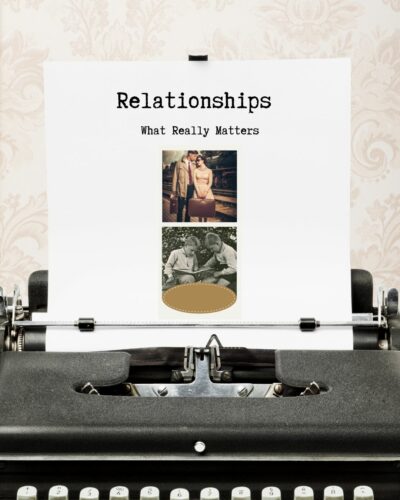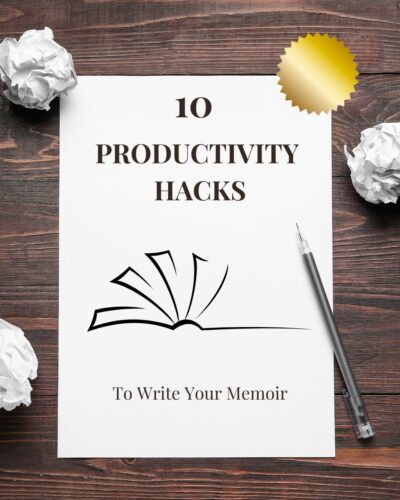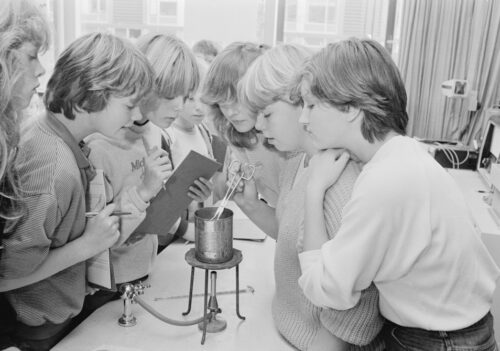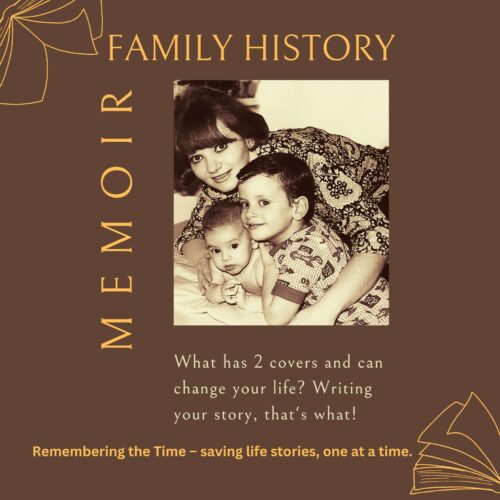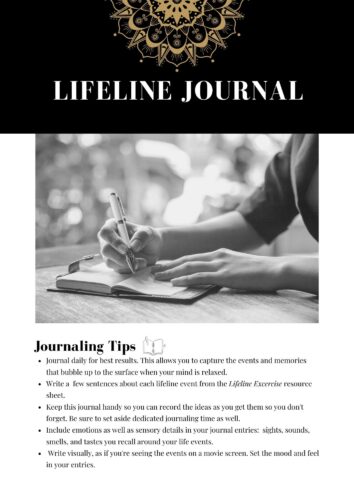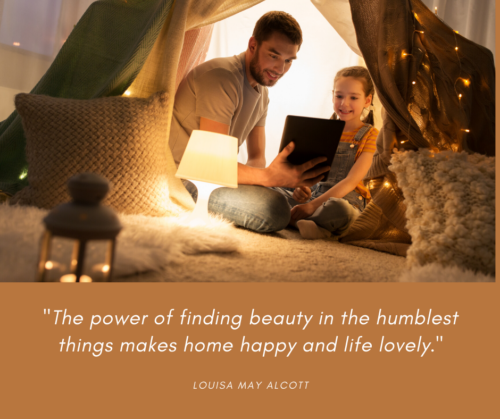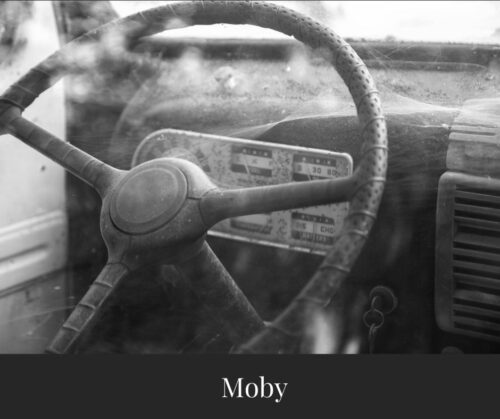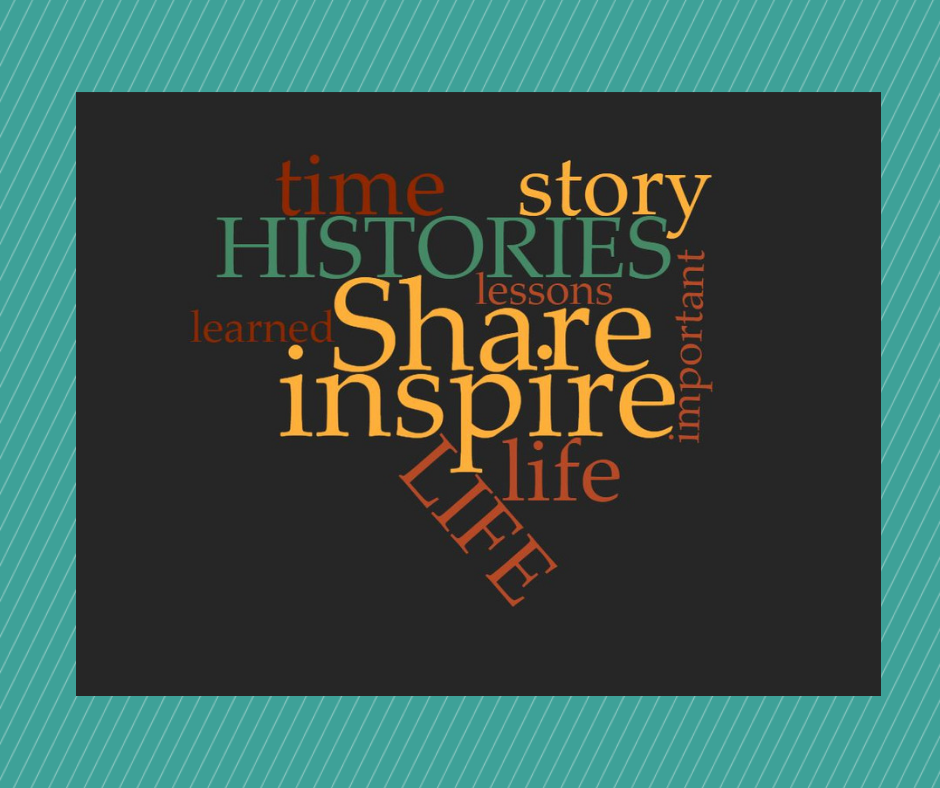
Are you ready to embark on a heartwarming journey through your family’s history? Imagine capturing those precious moments and stories that have shaped your loved ones’ lives. It’s not just about preserving the past; it’s about celebrating the connections that make your family unique. Let’s dive into a simple, yet profoundly meaningful activity: a Day in the Life interview. Whether you’re gathering around the living room or connecting from miles apart, this guide is your ticket to an unforgettable family bonding experience.
Step 1: Set the Stage for Memory Magic
- Gather Your Tools: Have a smartphone or digital recorder ready to capture the magic. Don’t forget paper and pencil for those who prefer jotting down notes.
- Choose Your Cozy Corner: Whether it’s a quiet spot at home or a virtual meet-up, make sure everyone feels comfy and ready to share.
- Invite Your Storytellers: Reach out to that beloved family member or friend whose stories light up your world. Remember, everyone has a story to tell.
Step 2: Warm Up to the Wonder
- Spark the Conversation: Kick off with a question such as, What age (or place) was particularly special for you? This question opens the floodgates to cherished memories.
- Bring Out the Props: Photos or items from the past can be powerful memory prompts. Have a couple on hand to stir up those nostalgic feelings.
Step 3: Dive Deep into the Day in the Life
- Craft the Questions: Start with simple yet evocative queries about holidays, family traditions, or a typical day in their life. How did they celebrate? What smells and tastes bring those memories back?
- Listen with Your Heart: Encourage detail and emotion by asking about colors, flavors, and sounds. If the answers are brief, gently probe with questions like, What color was it? or How did that taste?
Step 4: Share the Joy
- Reflect and Record: Take a moment to soak in the stories. Then, start crafting those memories into a narrative. Whether it’s through video, audio, or the written word, make it a story to be treasured.
- Create Together: Why not turn this into a family project? Design a book, a digital album, or even a series of blog posts to share with friends and family. Choosing a theme helps provide direction.
Step 5: Celebrate and Continue the Tradition
- Host a Family Story Night: Share the stories you’ve gathered and recorded. It’s a beautiful way to bring everyone closer, bridging generations.
- Make It a Tradition: Why stop at one interview? Make this a yearly ritual, exploring different themes or family members each time.
Final Thoughts
Imagine the joy of looking back on these stories years from now, sharing them with new generations, and keeping the spirit of your family alive and vibrant. This isn’t just about recording history; it’s about creating a legacy of love, laughter, and the human experience. So, why wait? Dive into the beautiful journey of documenting your family’s unique story today. Who knows what wonderful tales reside in the collective memories of your favorite people?
If you’re interested in help to make this happen, send me a note or call and let’s talk. Bringing stories to vibrant life is my superpower! kray@rememberingthetime.net or 575-323-1048.
